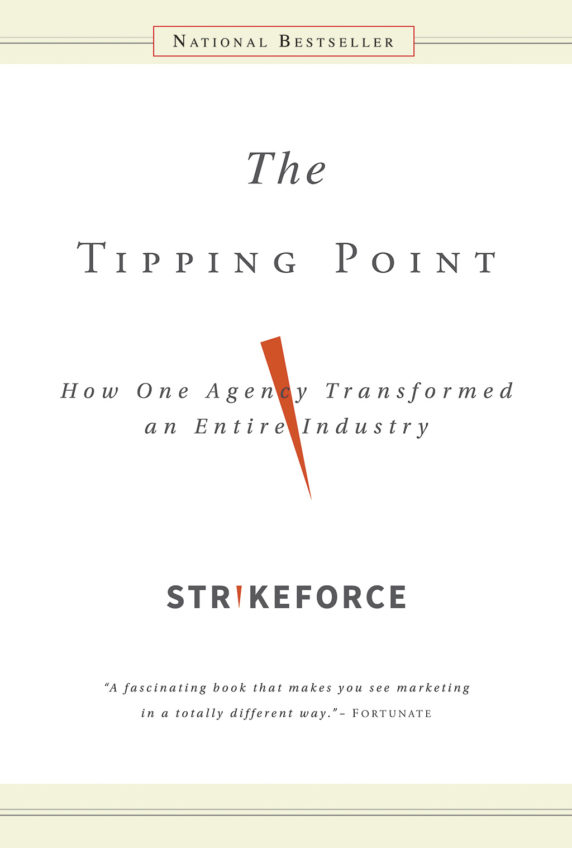You’d be hard pressed to find an advertising executive who will tell you their agency had anything less than a good year. So when Michael Rutstein, founder and CEO of Strikeforce Communications, proclaims that 2021 was his shop’s best year to date — pandemic or no pandemic — well, it’s normal to be a little skeptical.
Maybe it shouldn’t be that surprising, though. In many ways, Strikeforce was built to excel in this fraught environment. The agency, after all, has always operated under a hybrid-work model.
That, Rutstein believes, allows it plenty of flexibility to serve clients’ needs as they ebb and flow.
“COVID further validated Strikeforce,” he says. “We’ve been set up for this post-pandemic model. We’re open-source. We have access to top-level talent and can build teams around clients’ needs.”
Or maybe, when you consider that healthcare has only gotten more specialized, with niche brands vying for ever-smaller groups of providers and patients, it shouldn’t come as a shock that the Strikeforce team staffed primarily by senior-level talent was set up to thrive during a year like 2021.
“The healthcare space is complicated. It needs very senior attention,” Rutstein argues. “The boutique approach gives you that high-level thinking, agility and speed. That’s paramount in today’s world.”

Strikeforce saw revenue jump by just less than 8% in 2021 — to $14 million, up from $13 million in 2020. Despite the uptick in revenue, head count remained at 25 full-timers.
A big chunk of Strikeforce’s growth came from longtime client Alcon, with the agency adding new work on the company’s Clareon portfolio of intraocular lenses.
“We started with a single project and we ended up with a massive launch that included four brands, two devices and a practice performance platform,” Rutstein says.
The agency also added new work from existing clients Johnson & Johnson (in vision care) and Gilead. A new effort on Gilead’s behalf — this one around HIV testing — was particularly rewarding for the agency, Rutstein says.
“Historically, there have been local and national government-based HIV ‘get tested’ efforts, but these are usually fear- or consequence-based campaigns,” he explains. “We discovered that there are myriad reasons people don’t get tested. Sometimes it’s stigma, other times it’s that getting tested is an outing.”
And then there’s the ubiquitous access issues. “We framed testing as a catalyst for moving forward in life. When presented that way, suddenly testing becomes a gateway,” Rutstein continues.
Rutstein believes the campaign was bolstered by the broader healthcare conversation stoked by the pandemic.
“What we’re all going through sensitized us to a lot of conditions like HIV,” he says. “There’s a greater appreciation for what these populations go through now and COVID, in a strange way, created an inflection point around these conditions. There was a lot of investment behind them, and with that investment came greater interest and greater engagement.”
. . .
Work from outside pharma you admire…
Iceland Tourism’s spoof campaign on Mark Zuckerberg and Meta. In a world where business has become increasingly about buzzwords, Iceland Tourism refreshingly eschews the trend and gets real. True to the essence of its environment and offering, Iceland’s approach reinforces the true beauty of its brand, naturally. — Rutstein
From the June 01, 2022 Issue of MM+M - Medical Marketing and Media







